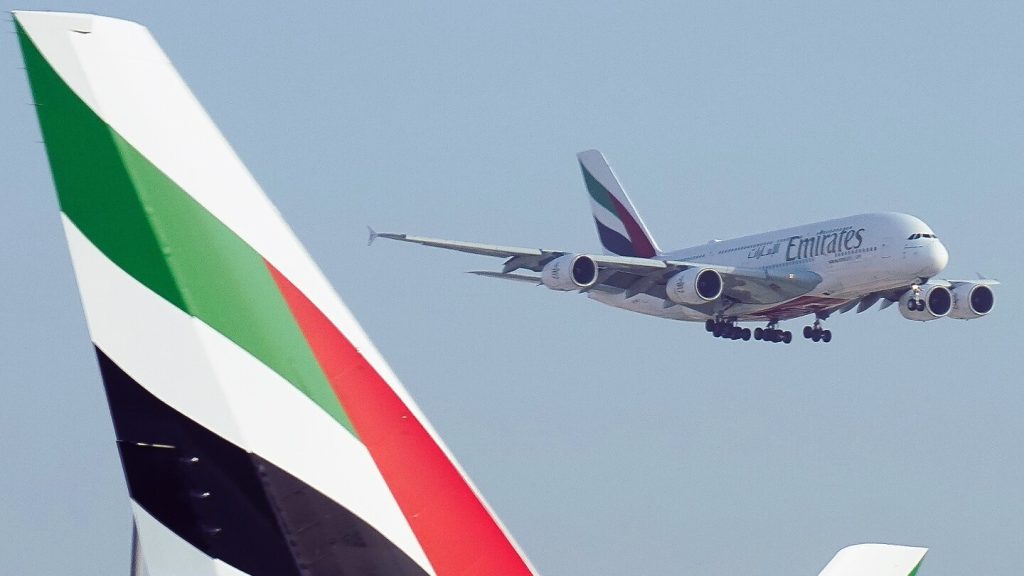Emirates, the long-haul carrier owned by Dubai’s government, reported a record profit of $4.7 billion in 2023. This marked a significant recovery for the airline after the disruptions caused by the coronavirus pandemic. The airline also saw an increase in revenues, reaching $33 billion compared to $29.3 billion the previous year. The number of passengers carried by Emirates also rose to 51.9 million in 2023, up from 43.6 million the year before. The chairman and CEO of Emirates, Sheikh Ahmed bin Saeed Al Maktoum, credited the high demand for air transport and the airline’s ability to quickly adapt to customer needs for the impressive results.
The ruler of Dubai, Sheikh Mohammed bin Rashid Al Maktoum, commended Emirates for its success, noting the airline’s significant growth since its establishment 39 years ago. He expressed optimism for the future, stating that what is to come will be even better. The results for Emirates align with the performance of Dubai International Airport, which saw an increase in passenger numbers to 86.9 million last year, surpassing pre-pandemic levels. The airport, which had its busiest year in 2018 with 89.1 million passengers, is now planning to shift operations to a new airfield in the city-state’s southern desert area in a project estimated to cost nearly $35 billion.
The Emirates Group, which includes subsidiaries such as dnata and various leisure holdings, reported profits of $5.1 billion on revenues of $37.4 billion. The group announced a $1 billion dividend to its owner, the Investment Corporation of Dubai, and awarded its employees a 20-week bonus pay. The city-state, which provided a $4 billion bailout to Emirates during the pandemic, has seen $2.6 billion of the loan being repaid by the airline. Emirates also recently made a significant aircraft purchase deal with Boeing, acquiring 90 aircraft for $52 billion. The airline is set to introduce the Airbus A350 to its fleet in September and has initiated a $2 billion retrofit program for its existing aircraft.
Despite its success, Emirates faces challenges in the form of potential competition from Saudi Arabia, which has launched a new carrier named Riyadh Air. Additionally, climate change poses a threat to the airline’s operations, as demonstrated by the UAE experiencing its heaviest recorded rainfall last month, leading to flight disruptions for Emirates. Nevertheless, the airline remains optimistic about its future prospects and is committed to continuing its growth and expansion in the aviation industry.


